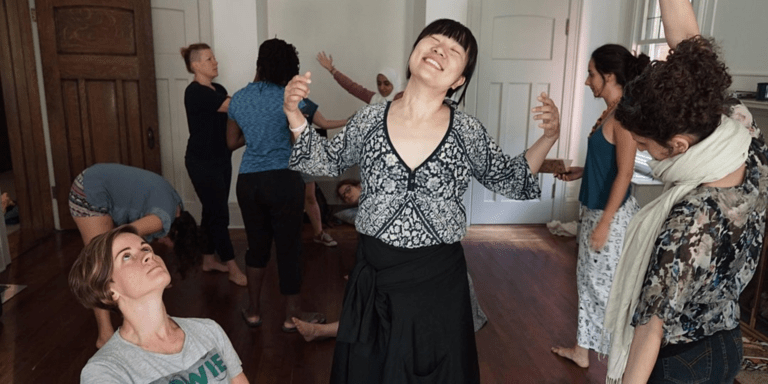Only my second blog since being in Esperanza – I think that is testament to the lack of time we have had to really reflect on our experience here with the projects. Otherwise, trust me; you would have a novel in your hand rather than these few others. All digressions aside; wow!
Since we first landed in Esperanza, it has been nothing but mental picture moments. Whether riding the motoconchos to the Batey Libertad, touring and learning more about the community, walking through the fields of all things natural on a fair weathered road or taking my laptop to work on a rocking chair while a familiar breeze blew by. Most awe- inspiring of all however is being an observer to how youth from the community in Esperanza and the Batey Libertad were actively working together to reach common goals. Besides the more talked about distinction between Haitians and Dominicans – there is a difference between recent Haitian immigrants and those who have called theDominican Republictheir home for a few generations. Learning to see beyond the surface is never a simple exercise but the most practical thing we can attempt to do while we are here.
Working with these groups have re-energized my pursuit for finding innovative ways to do development. I strongly believe in mechanism such as sports for development (as done by world street football, right to play, etc), development theatre, and music for development. The football group we have worked with has afforded me some wonderful perspective on why this sport plays such a key role in their lives. The symbolism of the sport is far reaching and aims to address the neglect that could lead to the detriment of a young and bright individual’s future. Seeing the small instance of young Dominicans and Haitians working together to promote the project’s objective was a welcomed dynamic and certainly touched a smile to my face.
Equally inspiring – the music group also demonstrated how music has and continues to be a powerful tool for unity. By creating music ‘without discrimination’ they intend to include rather than divide the different cultures. By employing Spanish and Creole they are evoking the kind of multicultural society they very much want to feel a part of, but for whatever reason, have not been able to connect to.
I have thought a lot about the notion of ‘home’, ‘identity’, and what it means to belong my whole life. Many of those who I have met since my short stay here feel neither here nor there. As if in some of limbo – they are stuck feeling not a part of the country they were born into as much as they feel disconnected to their country of origin. Despite everything – I am not here to judge but simply to observe and learn from what life has taught every individual I meet.
Kirsten Williams
